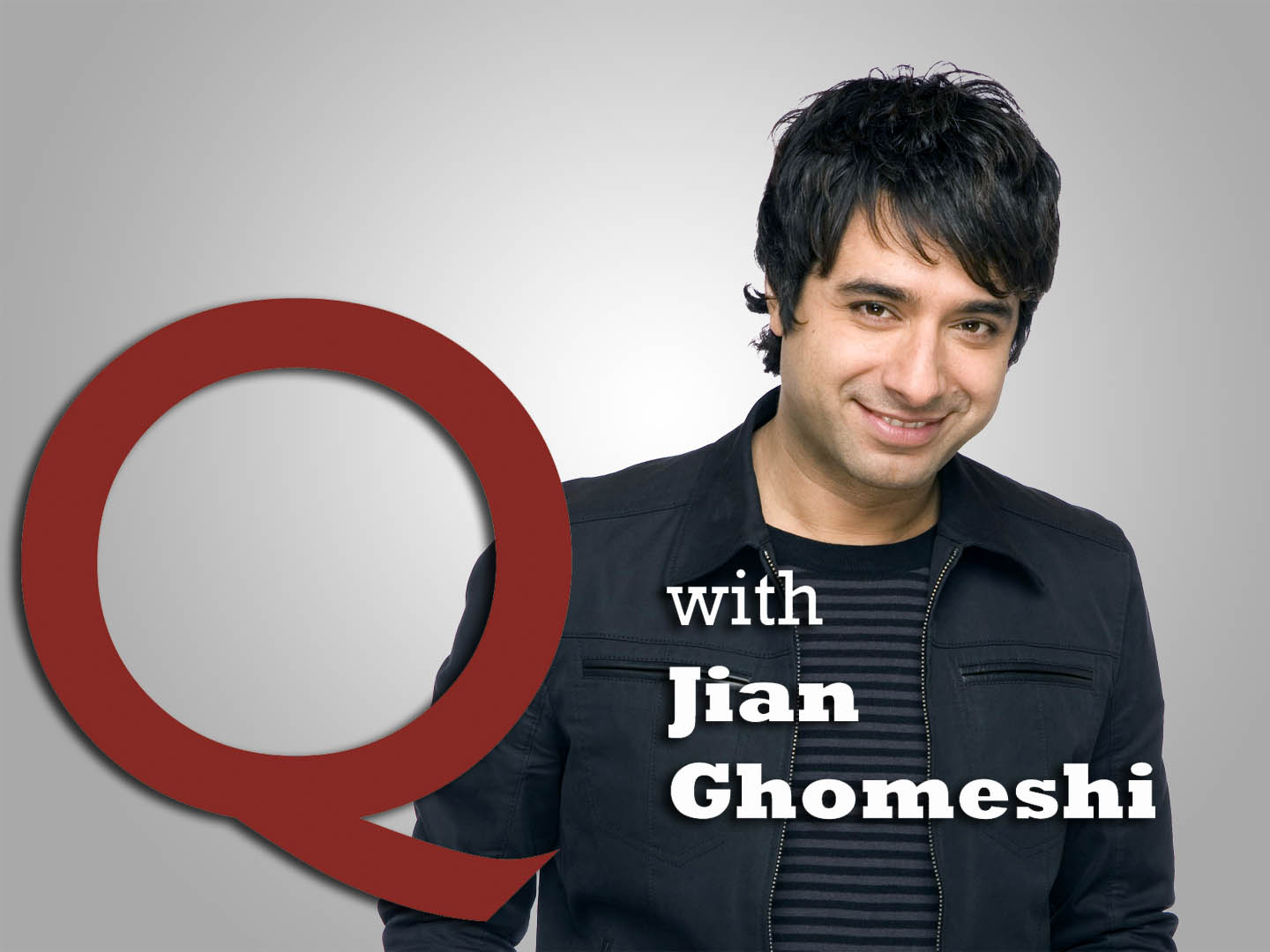Pre-marital cohabitation endangers your marriage
Marriage is not well served by its defenders. The loudest and best reported of them are often fundamentalist bigots. It’s a shame, for marriage has a lot going for it.
Even if you think that marriage is an anachronistic/bourgeois/theologically contaminated institution, you’ll probably agree that the breakdown of marriages is best avoided. Of course incurably dysfunctional marriages should be ended, but most people aspire to enduring relationships, and the wrench of marital dislocation is emotionally and financially traumatic. If there are children, marriage breakup is painful for the parents and can be enduringly damaging for the children. There are, in short and quite uncontroversially, some significant harms associated with the breakdown of marriages.
How can marriage breakdown – and hence those harms – be avoided?Read More »Pre-marital cohabitation endangers your marriage



